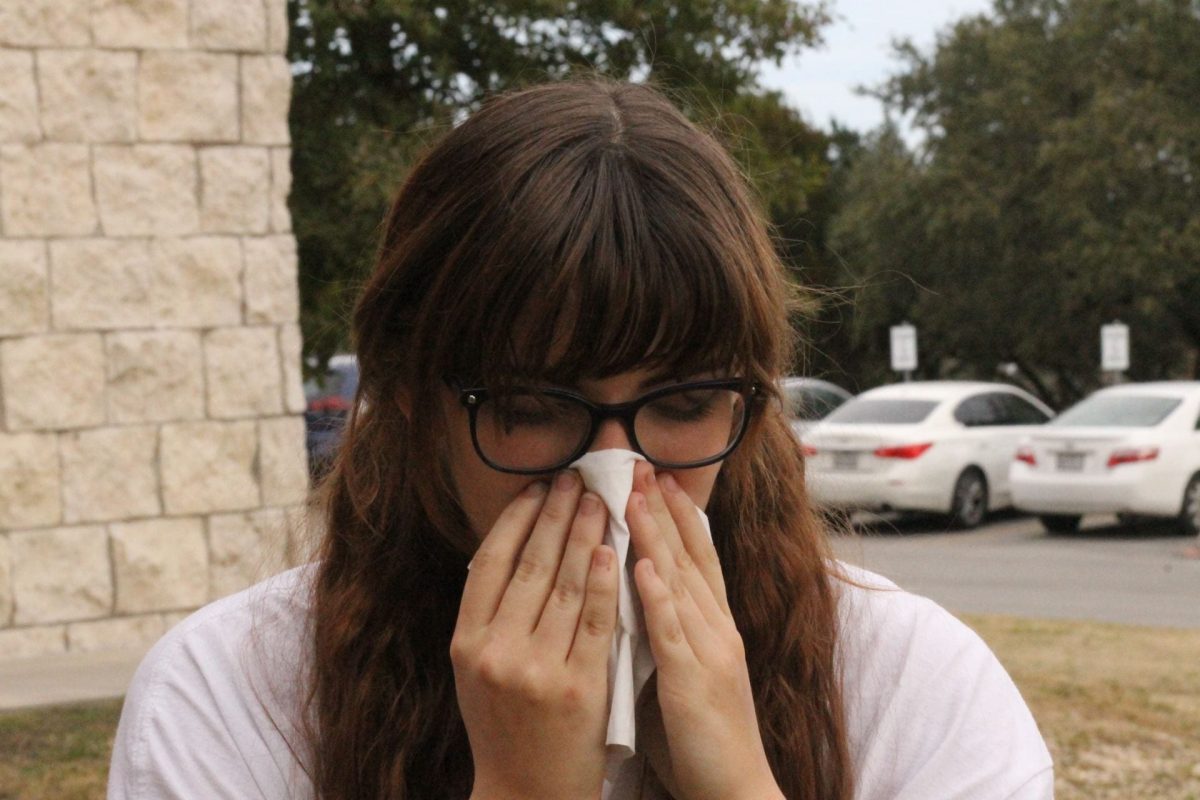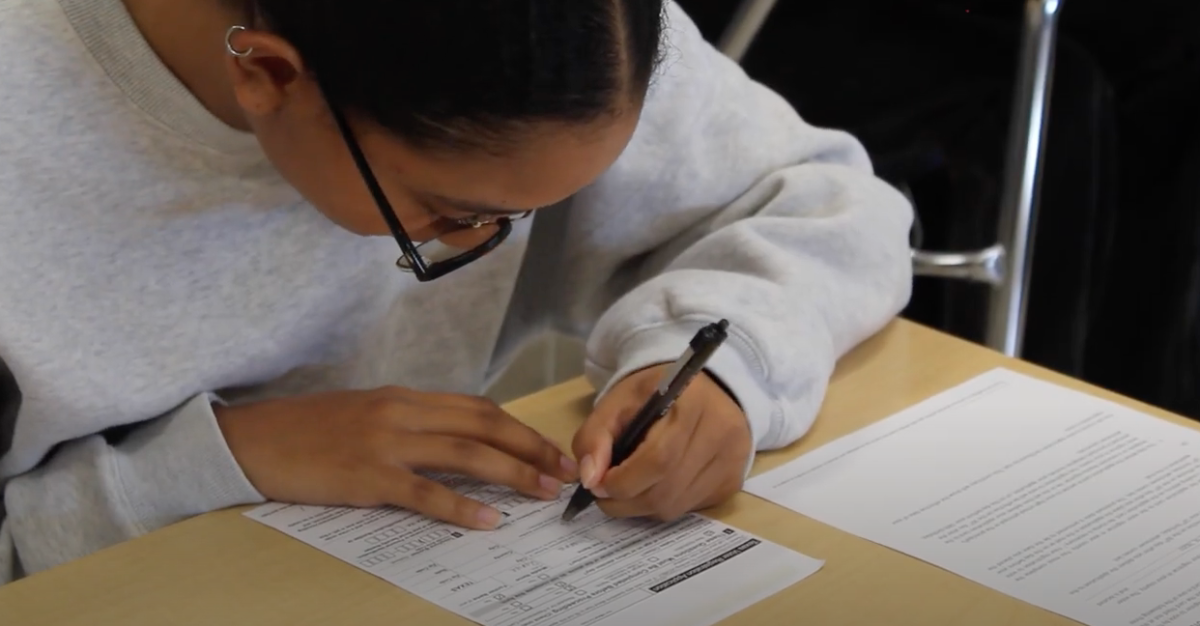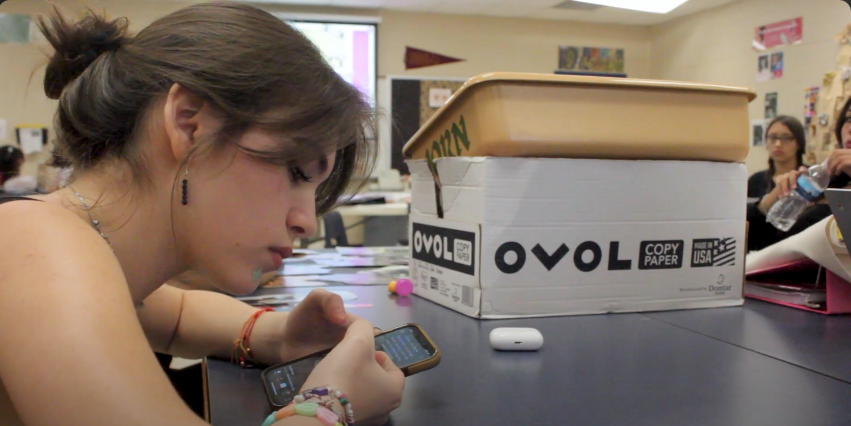Lauren Loveless | staff writer
In the winter, we cough, sneeze and wipe our nose, but never think twice about itching our eyes with fingers infested by thousands of germs that could be carrying nasty viruses. Given, because our allergies spike and the weather is cold, we tend to stay indoors more which increases our chance of getting sick.
“Why do people get more sick in the winter? Well, because you’re indoors much more, so you really have to follow the rules of washing your hands after touching surfaces. Because when it’s warmer we’re outside more and there’s not as many bodies inside,” health science theory and clinical teacher Melissa DeMasco said.
Moreover, seasonally, some viruses are stronger than others and appear more prominently. Take influenza for example, which thrives in cold environments, which explains why so many people catch the flu in cooler months.
“What I have seen is that some viruses, like the flu virus, circulate in the cold. Whereas other viruses, like Tuberculosis-which isn’t very common-likes cold, damp areas,” DeMasco said, “It just depends on the virus, some like the warm humidity, like viruses from bugs, such as West Nile that likes humid environments.”
Although it’s near impossible to stop a sickness once it’s in your system, illnesses can be prevented by following basic protocol. Simply washing your hands and covering your mouth when you cough or sneeze can help.
“[Wash] your hands,’ DeMasco said, “There is studies that have been done in hospitals, with people getting musculum infections, and in one hospital they really cracked down because seventy percent of the patients were not washing their hands, and patients were getting sick all over the place.”
When you do get sick and are running a fever, it’s best to stay home from school, not only for yourself but also for the people around you. Letting your body rest and recover can go a mile, which prevents the sickness from getting worse and developing into something else.
“[When you get sick], keep yourself hydrated, [get] nutrition, don’t go without food, sleep, get rest, that is the biggest one, and take care of yourself hygiene wise,” DeMasco said, “But [mainly] sleep and keep yourself hydrated.”
However, it’s very easy to mistake allergies for a illness, since they both feel pretty awful. Things such as a simple cold should not stop students from attending school, as the common cold is not near as contagious as the flu or stomach bug.
“When you are getting sick, you want to look for a runny nose. Maybe if you’re getting a fever, think about hot and cold sensations, just a little bit of allergy symptoms-a runny nose to stopped up nose-body aches if it’s the flu, [which] could lead to nausea or vomiting,” DeMasco said.














